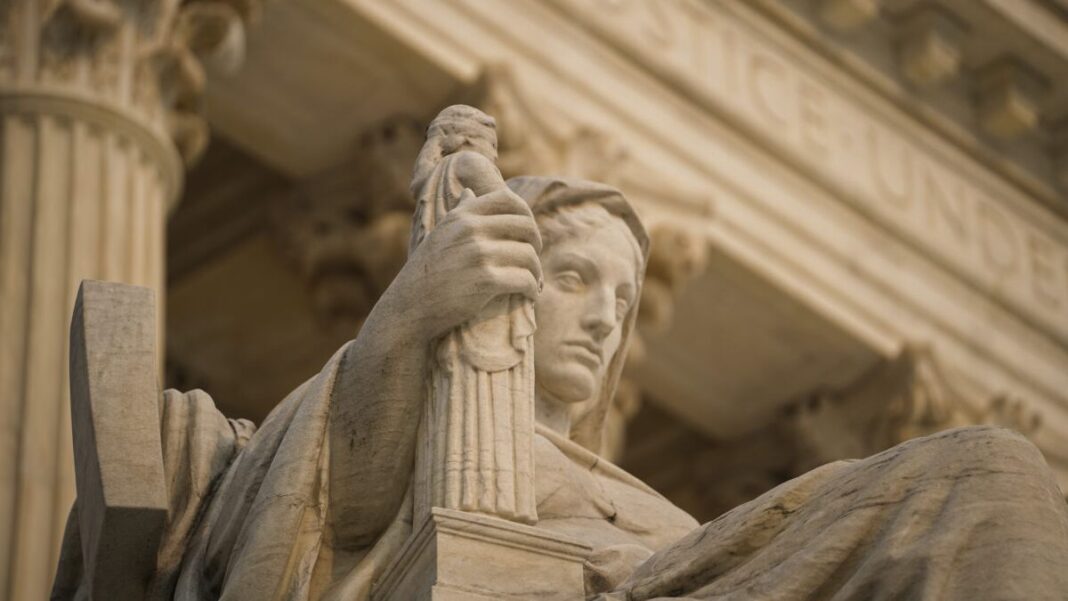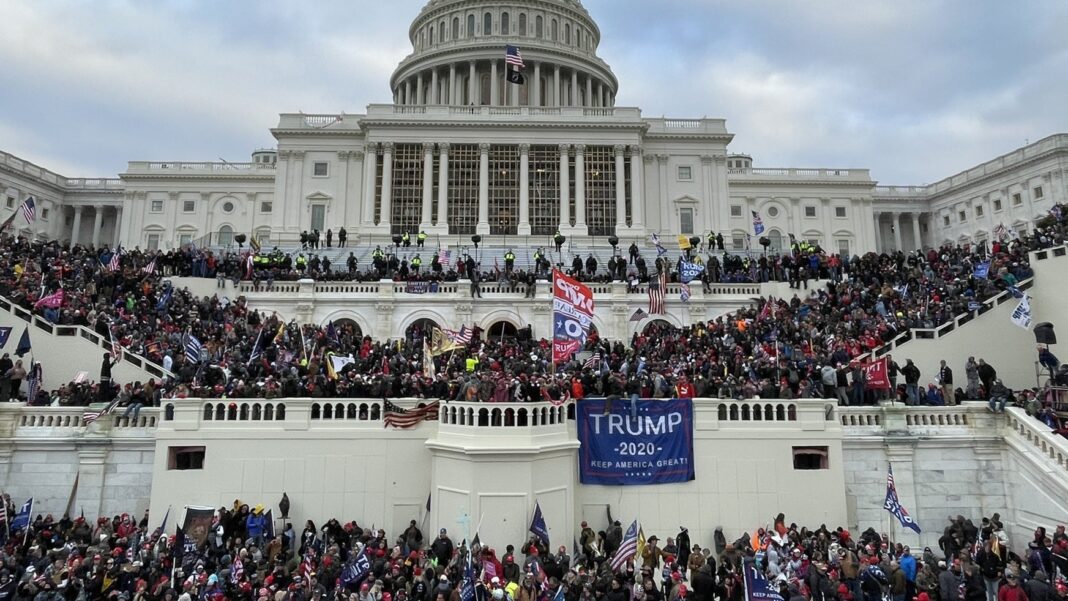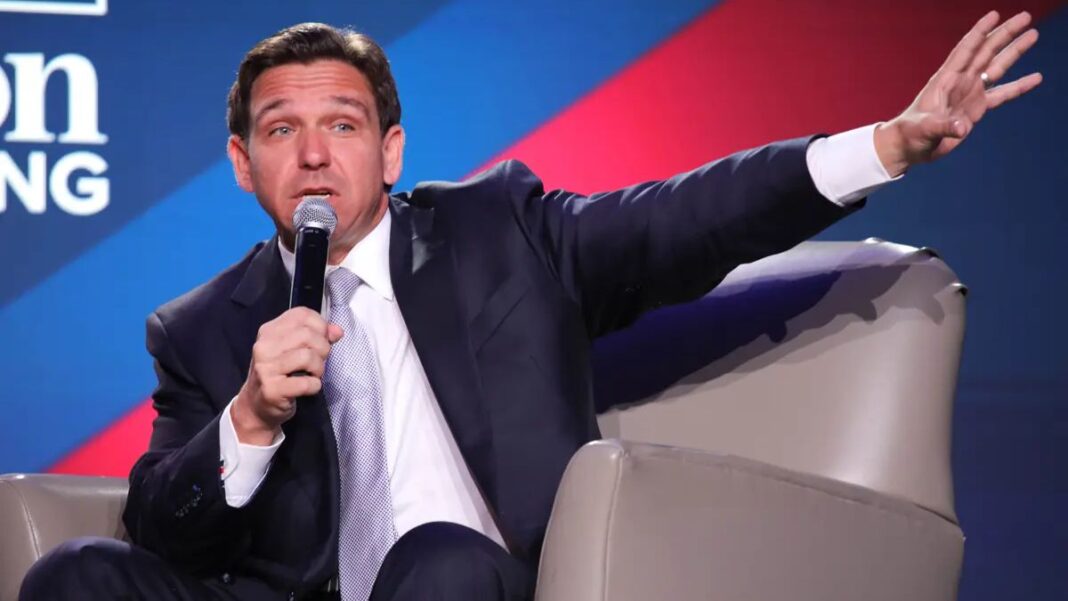
On Sept. 22, Justice Samuel Alito gave the court until Sept. 27 to decide if it will uphold a federal judge’s order curbing government powers.
Supreme Court Justice Samuel Alito extended to Sept. 27 a temporary stay blocking a lower court ruling that restricted federal agencies from contacting social media firms with requests to remove content, giving the justices more time to reflect on how to handle the case.
The new order in the case, Murthy v. Missouri (court file 23A243), came late in the business day on Sept. 22. The lead applicant was U.S. Surgeon General Vivek Murthy, whom critics accuse of participating in government efforts to suppress and censor the free discussion of public health issues such as COVID-19.
On Sept. 14, Justice Alito had put on hold the July 4 ruling of U.S. District Judge Terry Doughty of Louisiana, an appointee of President Donald Trump, until Sept. 22.
Judge Doughty’s order prohibited several agencies, including the Department of Justice (DOJ), the Department of Homeland Security, the State Department, the Cybersecurity and Infrastructure Agency, and the Centers for Disease Control and Prevention (CDC), from intimidating social media companies.
The lawsuit that spawned the injunction was filed by Missouri and Louisiana’s attorneys general, who have accused Biden administration officials of engaging in what amounts to governmental censorship-by-proxy by leaning on social media companies to take down posts or suspend accounts.
The lawsuit alleged that the Biden administration urged or even mandated Facebook, Twitter, LinkedIn, and YouTube “to censor viewpoints and speakers disfavored by the Left,” under the cover of combating “disinformation,” “misinformation,” and “malinformation.”
Judge Doughty’s injunction provides that agencies and their employees may not communicate with the social media companies by “urging, encouraging, pressuring, or inducing in any manner for removal, deletion, suppression, or reduction of content containing protected free speech.”
The agencies may not flag content on social media platforms or seek to remove content or suppress its reach. The agencies also may not press the platforms to alter their guidelines for the removal, suppression, or reduction of content that contains protected free speech, the injunction states.






